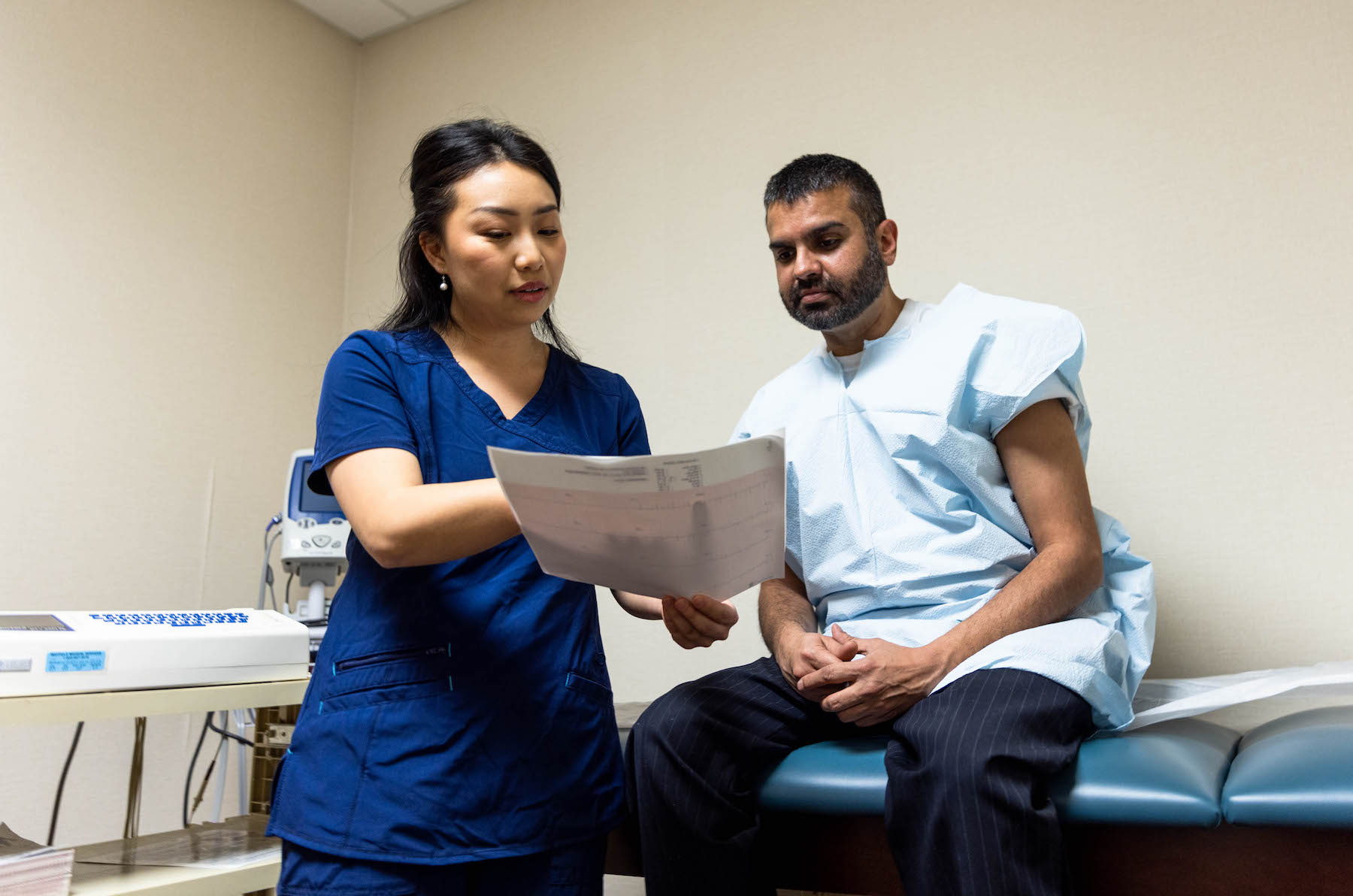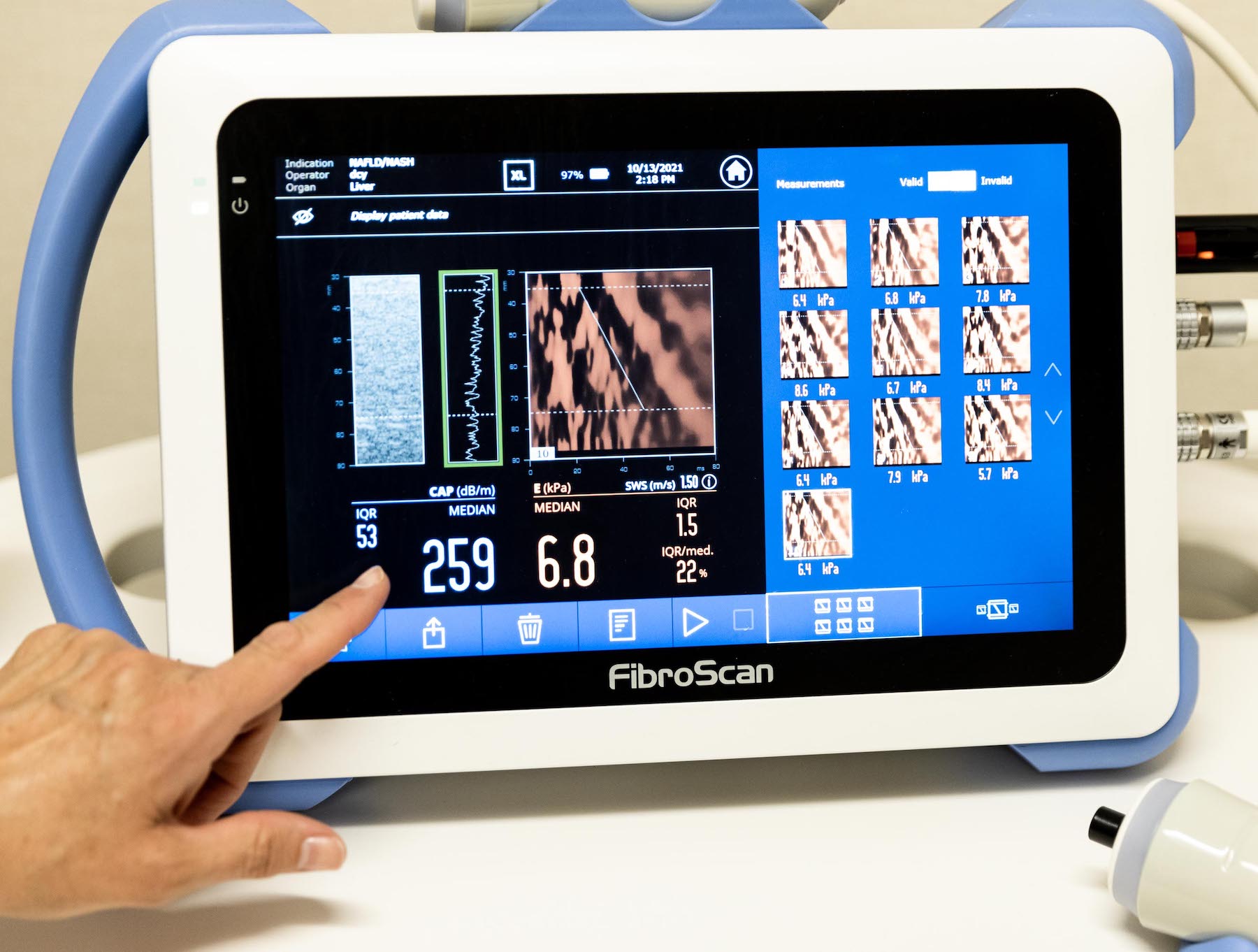FAQs About Clinical Trials
Frequently Asked Questions
What is a Clinical Trial?
While there are many definitions for clinical trials, generally they can be described as health-related research studies that follow pre-defined protocol. Typically, the research in a trial is done to determine the safety and effectiveness of a drug or treatment and to discover any side effects.
Drug studies may test a new medication or test an existing medication that is wanting to be used in a new way. At times, trials evaluate comparisons between a new medication or treatment to the best-known standard of care to determine whether it is more effective or causes fewer side effects.
The data obtained during clinical trials helps regulatory authorities such as the FDA determine if they will approve a drug or treatment to use in their country. The information learned from trials can also guide health professionals when prescribing medication to their patients.
What do the various clinical trial phases represent?
Phase I – Screening for safety of drug or therapy in a small number of people.
Phase II – Testing the efficacy and safety of the drug or therapy in a larger number of people.
Phase III – Monitoring side effects, compare to commonly used treatments, and collect data for longer periods of time while evaluating the effectiveness of the treatment in larger patient populations.
Phase IV – Continuing drug monitoring once treatment data is collected to monitor additional patient populations and determine potential uses for other diseases.
What happens during a clinical trial?
Clinical trials are conducted by a study team according to a set of guidelines outlined in the study protocol. These guidelines can vary depending on the type of study that is being conducted. Most study teams include doctors, nurse practitioners, nurses, study coordinators, and other health care professionals.
The study team will check the health of the potential volunteer at the beginning of the trial, give specific instructions for being part of the study, monitor the volunteer carefully throughout the trial, and stay in touch once it has been completed.
Who funds clinical trials?
While the majority of clinical trials conducted at KCRI are sponsored by pharmaceutical companies, clinical trials can be funded or sponsored by a variety of organizations, foundations, or voluntary groups. Additionally, clinical trials can be sponsored by federal agencies such as the National Institute of Health, the Department of Defense, and the Department of Veteran’s Affairs. Trials take place in many different settings and are conducted for a variety of needs.
What is a protocol?
A protocol is a study plan on which all clinical trials are based. The protocol is carefully designed to safeguard the health of the participants, as well as answer specific research questions. It describes what types of people may volunteer for the trial, the length of the study, and the schedule of tests, procedures, medications, and dosages.
What is a placebo?
A placebo is an inactive version of the study medication often referred to as a “dummy” pill. Placebos can come in a variety of forms including pill, liquid, injection, or powder. Placebos have no treatment value, and are often used as a control arm that is compared to the experimental treatment to assess the effectiveness of the new medication.
Who can participate in a clinical trial?
All clinical trials have a set of guidelines about who can participate. The factors that allow someone to be in a clinical trial are called “inclusion criteria” and those that don’t allow someone to participate are called “exclusion criteria”. These criteria are based on factors such as age, gender, the type and stage of a disease, previous treatment history, and other medical conditions.
Before joining a clinical trial, a potential volunteer must qualify for the study. Some research studies seek volunteers with illnesses or conditions to be studied in the clinical trial, and others need healthy volunteers. The inclusion and exclusion criteria are not used to reject people personally, the criteria are used to identify appropriate participants and keep them safe.
How does someone volunteer for a clinical trial?
There are thousands of clinical research studies conducted around the world every year. Your doctor may be able to refer you to clinical studies in your area. Sometimes you can find information about clinical studies in ads run on TV, radio and in newspapers. Universities with medical facilities, patient groups, and disease associations are often places where you can find information about clinical studies.
To volunteer for one of the clinical trials at KCRI, please follow see our Am I A Candidate page.
What should someone consider before volunteering in a clinical trial?
Potential volunteers should know as much as possible about the clinical trial and feel comfortable asking the members of the study team questions about the care expected in a trial and what costs the trial covers. The following questions could be useful for the potential volunteer to discuss with the study staff. Some of the answers are also found in the informed consent document.
What is the purpose of the study?
Who is going to be in the study?
Why do researchers think the experimental treatment being tested may be effective? Has it been tested before?
What kinds of tests and experimental treatments are involved?
How do the potential risks, side effects, and the benefits in the study compare with my current treatment?
How might this study affect my daily life?
How long will the study last?
Who will pay for the experimental treatment?
Will I be reimbursed for expenses?
What type of long-term follow up is part of this trial?
How will I know that the experimental treatment is working? Will results of the study be provided to me?
Who will be in charge of my care?
Although each study population is different each potential volunteer receives the same high-quality level of care. This will include evaluation of medical history and current medications, screening exams, laboratory testing, and study specific diagnostic tests.
Sometimes the study staff will require a copy of a volunteer’s medical record for review, and at times need to obtain approval from their current personal physician before you can be enrolled into a study.
All of this is to make sure that each possible volunteer is suitable for the study they are being screened for.
Before a potential volunteer meets with a research coordinator or doctor, they should plan ahead and write down possible questions to ask. It is okay to have a friend or relative come along for support and to hear the answers to the questions.
How is patient privacy protected?
When a patient agrees to join a trial, the information collected is kept confidential using a unique patient identifier. However, in most cases it is best to inform the patient’s primary physician about their participation in the trial as they will continue to monitor the patient’s overall health. In addition to a patient’s primary care doctor, the information that is collected will be shared with the study doctor and research team looking after the patient in the trial.
Clinical trial staff is prohibited from sharing patient information with others unless a patient grants permission to do so.
The clinical trial protocol and informed consent process outline how long laboratory samples and trial information must be kept before they are destroyed.
Does a volunteer continue to work with a primary health care provider while in a trial?
Absolutely. Most clinical trials provide short-term therapy or treatments related to a specific illness or condition, but do not provide extended or complete primary health care. When the health care provider works with the study team, it helps ensure that other medications or treatments will not conflict with the study protocol.
What is informed consent?
Informed consent is the process by which a fully informed volunteer can participate in the decision to be part of a research study. The major elements of informed consent are:
The purpose of the study/research being conducted
Duration of the study
The relevant risks and benefits of being part of the study
The required procedures
Key contacts
The acceptance to participate in study by volunteer
The informed consent is not a contract and a volunteer can withdraw from a clinical trial at any time.



